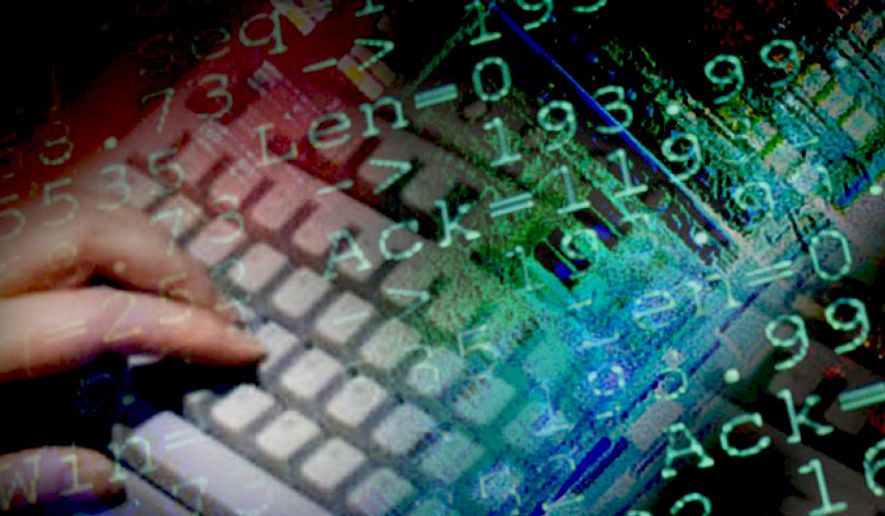The Russian government filed paperwork Friday formally challenging the Trump administration’s attempt to extradite a suspected computer hacker arrested earlier this year in Barcelona amid repeated efforts by Moscow to block similar U.S. prosecutions.
St. Petersburg resident Pyotr Levashov was arrested April 7 while vacationing with his family in Spain and subsequently indicted by the U.S. Justice Department in connection with allegedly operating the Kelihos botnet — a massive, internationally dispersed network of infected computers that cybercriminals used to distribute bulk spam emails and install ransomware prior to being dismantled earlier this year.
The Justice Department is actively seeking his extradition, and Moscow is officially following suit. Attorneys in Russia filed a counter-extradition request with Spanish authorities shortly before a related hearing started Friday and later told Spain’s National Court that the U.S. case is politically motivated, Russian state-operated media reported.
Mr. Levashov, 37, had “access to information constituting state secrets through the university in St. Petersburg” and even “had access to information about Russian missiles,” argued defense attorney Albert Carles Subariets, according to RIA Novosti.
Speaking through a court translator, the defendant, on his part, said he expects he’ll be drugged and tortured if extradited to the U.S. and fears for his life, the newswire reported.
The hearing was ultimately suspended until next week so the new documents could be reviewed, The Associated Press reported from Madrid.
Russia’s embassy in Madrid said that Moscow is taking the necessary measures to ensure the suspect isn’t sent stateside, Russia’s Interfax news agency reported.
The counter-extradition request filed Friday is at least the third incident in recent months where Moscow has intervened in the Trump administration’s attempt to prosecute supposed Russian cybercriminals. Evgeny Nikulin was arrested in Prague last year in connection with allegedly hacking LinkedIn, and Xanthippe Moyssidou was arrested in Greece two months for supposedly operating an online currency exchange accused of money laundering, and Russia is actively challenging attempts by the U.S. to extradite either.
Mr. Levashov helped cybercriminals conduct malicious activities like harvest login credentials, distribute spam and instal ransomware by allegedly operating the Kelihos botnet, according to the Justice Department. The network of infected computers included tens of thousands of machines before being dismantled earlier this year in connection with Mr. Levashov’s arrest.
• Andrew Blake can be reached at ablake@washingtontimes.com.




Please read our comment policy before commenting.